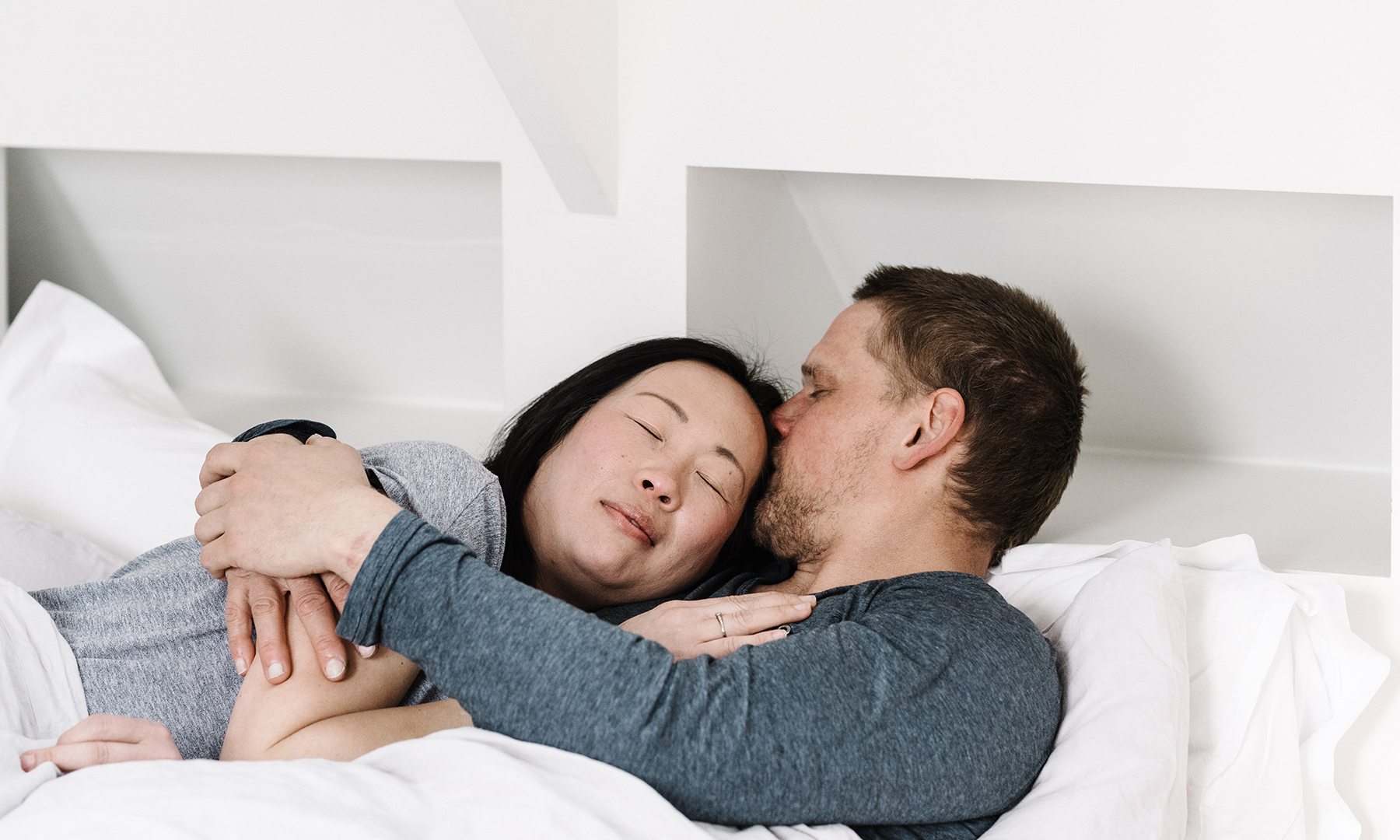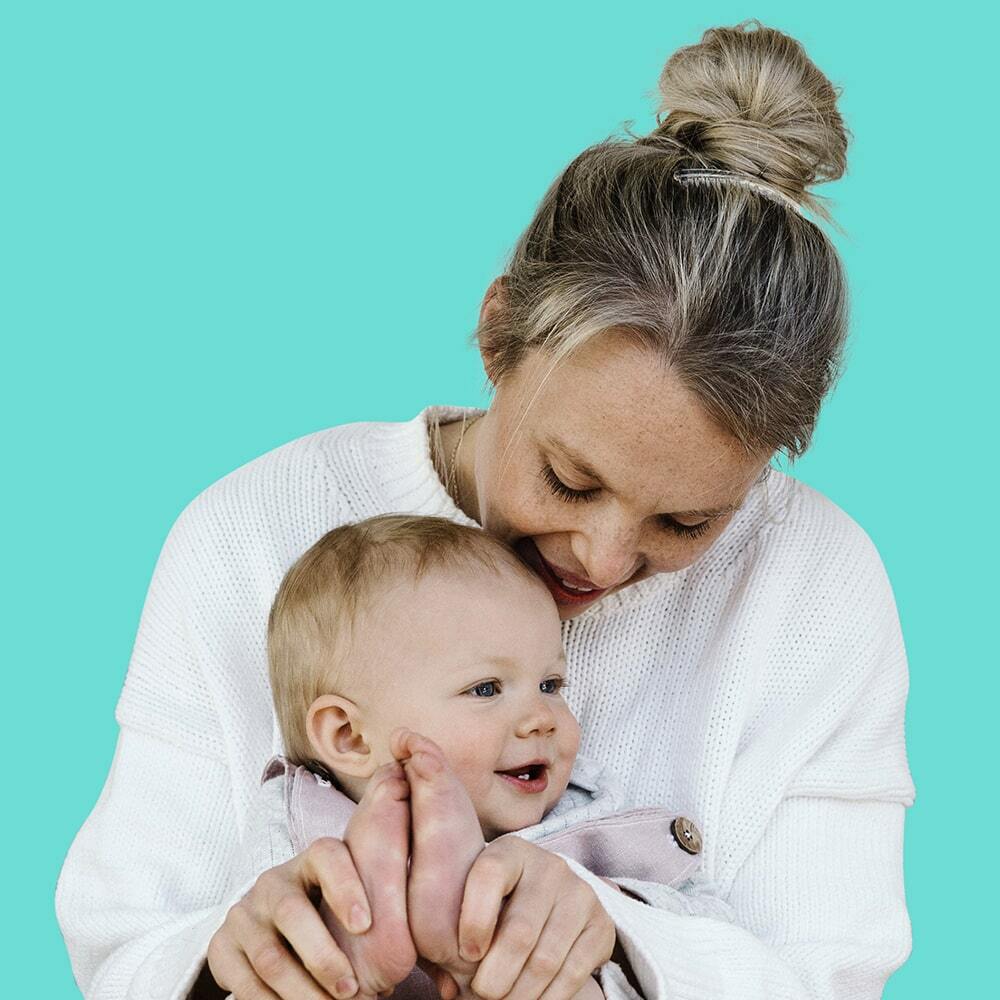Psychological Support for Patients
Seeing a counsellor one-on-one can help you address issues that are specific to you and your journey.
Counselling for individuals and couples can help you cope with medical treatments and uncertain outcomes, as well as helping you deal with family, friends, work and the fertile world.
Our counsellors have tertiary qualifications in Psychology or Social Work. They have considerable experience and skills, with specialised knowledge in the fields of infertility and reproductive grief and loss.
Our support counselling services assist our patients through psychological guidance and care, all within an independent and confidential framework.

Impacts of Fertility Treatment
Infertility is a medical condition that affects one in six couples. It can affect every part of a person or couple's life. It may challenge the way you feel about yourself, your relationship with others, your work and your outlook on life.
Few situations in life are as demanding and overwhelming as fertility treatment. However, despite the growing number of people needing medical intervention to conceive, it can be a time of extreme isolation.
Patients often express a sense of loss of control over their lives - feeling as if they are on an emotional roller coaster. Often these feelings are expressed as anxiety, grief, frustration and anger.
We strongly believe in caring for your emotional health as well as your physical wellbeing. That's why at Monash IVF, our patients receive an hour of free one-on-one counselling per treatment cycle.
Benefits of Counselling
At Monash IVF, we understand that positive social connections are essential for good mental health. They can help you cope in times of stress - which is commonly experienced during fertility treatment.Our counselling team assists patients by providing psychological guidance and care in an independent and confidential framework. The support and skills they provide patients assists with:
- Decision-making
- General support during treatment
- Assistance in managing partner and family pressure
- Grief and loss
- Phobias
- Relationship counselling
- Sexual health
- Impact of infertility on masculinity or femininity
- Strategies for surviving the 'two-week wait'
- Coping with others' pregnancies
- Normalising feelings and reducing isolation
- Managing anxiety and depression
- Stress management
- Coming to terms with ceasing treatment
- Referrals to appropriate services
Connecting With Our Team
Staying connected is an important way of maintaining good positive mental health. This is especially important now, when the world seems to be shifting daily and uncertainty is the new normal.Fertility treatment is tough both physically and emotionally. Overlay this with the anxiety of a global pandemic and things can sometimes seem overwhelming. Although in this section we've provided information and strategies to help you cope in times of stress, we realise that nothing can beat talking to someone else.
We make it easy to connect with one of our counsellors. You can either:
- Call 1800 674 531 or email your Monash IVF clinic directly
- Ask any Monash IVF staff member with whom you're in contact

Start your fertility journey
Wherever you are on your journey, one of our supportive nurse enquiry team can help you understand your options and take the next step. These conversations are free and informative.